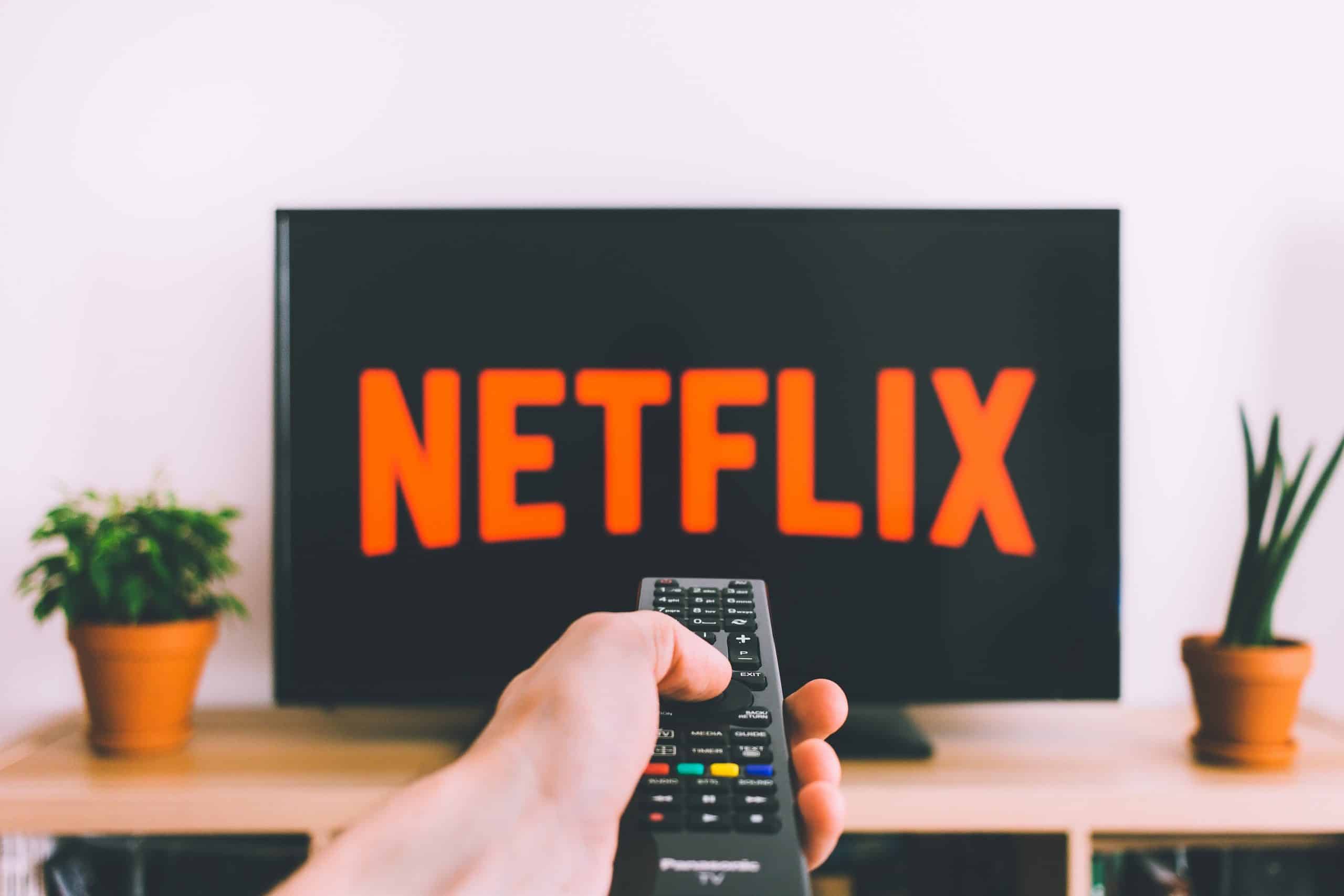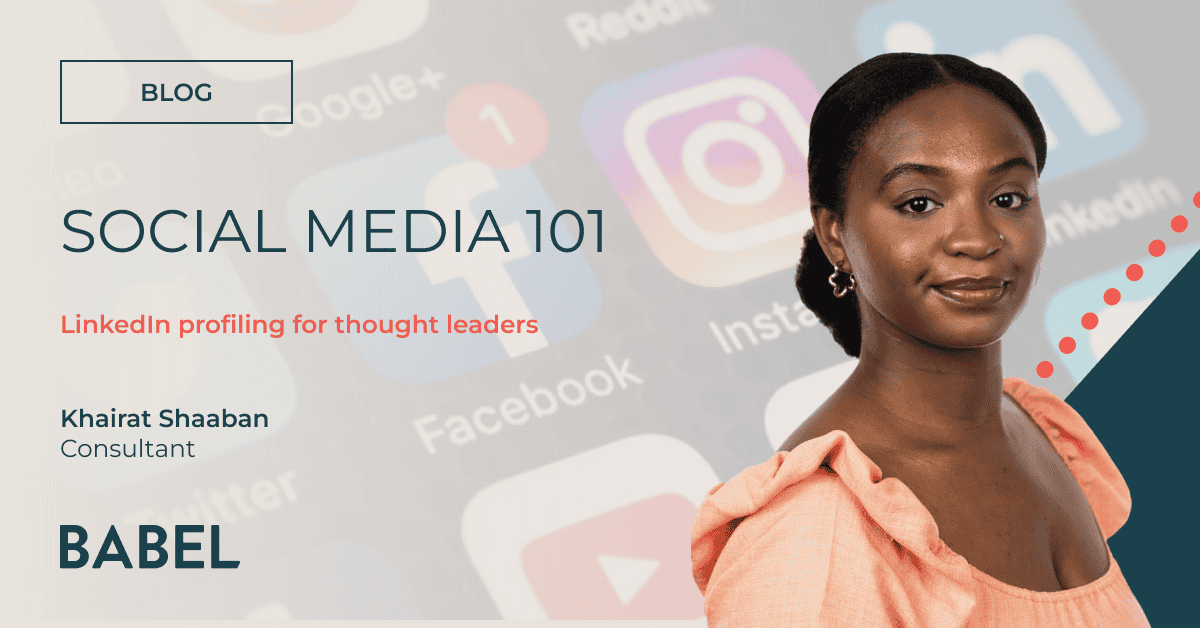
All Eyes on the Video(-on-Demand)
15 years ago, the cable TV and DVD markets were booming, and if you’d told the average teenager that they’d be consuming a large proportion of video content through the Internet in 2016, they’d probably have responded with a raised eyebrow. But over the course of the last decade, we’ve sat back and watched the physical form of content evolve dramatically.
First was the demise of video-rental store Blockbuster. I still have fond memories of browsing their selection of films on a Saturday night before a girls’ night in with friends. But I also recall the day when my local store lost its shine, its shabby carpet and lack of selection becoming more apparent as the service lost out on revenues to the growing popularity of DVD-by-mail services such as LoveFilm and Netflix.
Fast forward a few years and LoveFilm was swallowed into Amazon Prime, YouTube was born and Netflix began offering a video streaming service. DVDs (& CDs) have since become so superfluous that as of 2013, Apple no longer deemed the disc drive a necessary feature for its desktop and laptop PCs.
The video-on-demand market is burgeoning, with broadcasters now wanting a slice of the streaming pie too. BBC iPlayer, ITV Player, HBO Go and All 4 have all successfully launched, and video piracy services, such as Popcorn Time, have gained a monopoly as well. Despite this, Netflix still continues to grow its subscriber base and is now available globally.
Once renowned for offering a wealth of content from other production companies, Netflix has now gained a reputation in the industry for producing its own content which attracts and retains subscribers. From House of Cards to Orange is the New Black, Netflix has used data to drive the decisions behind its variety of series which appeal to the masses. This strategy has been so successful that anyone watching closely enough will have noticed the platform gradually removing shows from its offering. And as of June 1st more than 600 film titles were instantly removed, thanks to the end of a 6 year licensing deal with Miramax.
With the Netflix service now available globally, it seems only fitting that the content on its platform is available globally too. If a library of films is only available in specific countries, then Netflix isn’t going to waste its time bidding on a content deal when it could better spend the money investing in its own show.
As Netflix gradually shifts to this new model of content creation, broadcasters too are waking up to the potential of a paid subscription service. Forget iPlayer and ITV Player, which are largely free of charge, with the exception of a few films and television series. The broadcasting pair, along with a few others, have now been given the go ahead by the Government to launch their own paid for subscription service, Britflix, which will offer a combination of existing content (once the six-week iPlayer period has passed), and is also rumoured to include plans for original programming too.
And it’s not only established broadcasters looking to adapt to this change. Global video-sharing website, YouTube, is also rumoured to be gearing up for a paid subscription service, Unplugged.
Is this the future of TV? Can a service from the BBC even hope to contend with Netflix, the way the local video store could only compete with Blockbuster by offering a range of ‘vintage’ films? Will the next decade see us paying for a number of subscription services, from Netflix and Britflix to Chickflix and Shitflix? If the future will see different VoD players with content rights to different programmes and films (a direction which Netflix seems to be moving in, in which the industry may well follow), then how likely are consumers to fork out for multiple services? Will it simply cause a steep rise in piracy services as consumers shy away from upping their spend on video content?
We’re still over three months away from Europe’s biggest broadcast show, IBC, but it’s safe to say the video-on-demand will be a recurring theme at this month’s event. Established broadcasters and new market entrants are bound to be exhibiting an array of new VoD services – will any of them be able to contend with the much loved Netflix? We’ll be watching closely.





